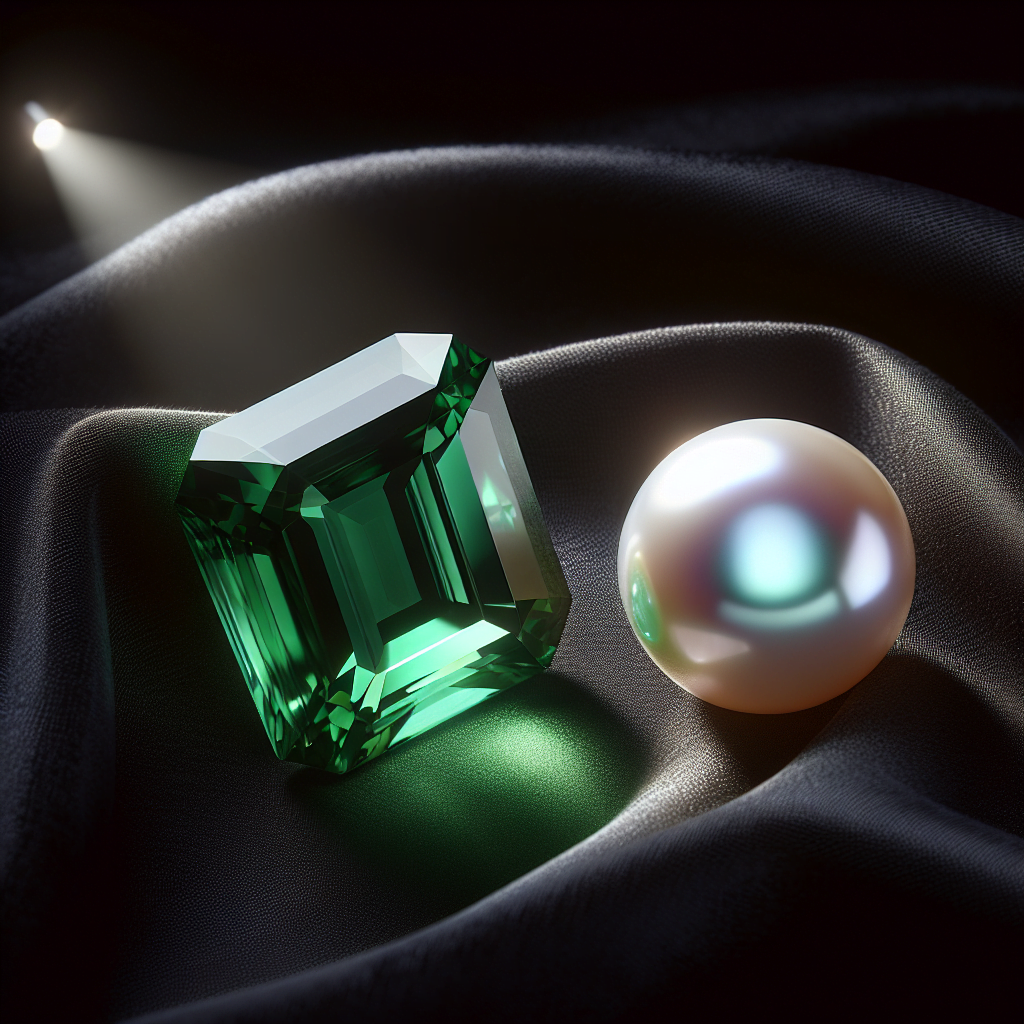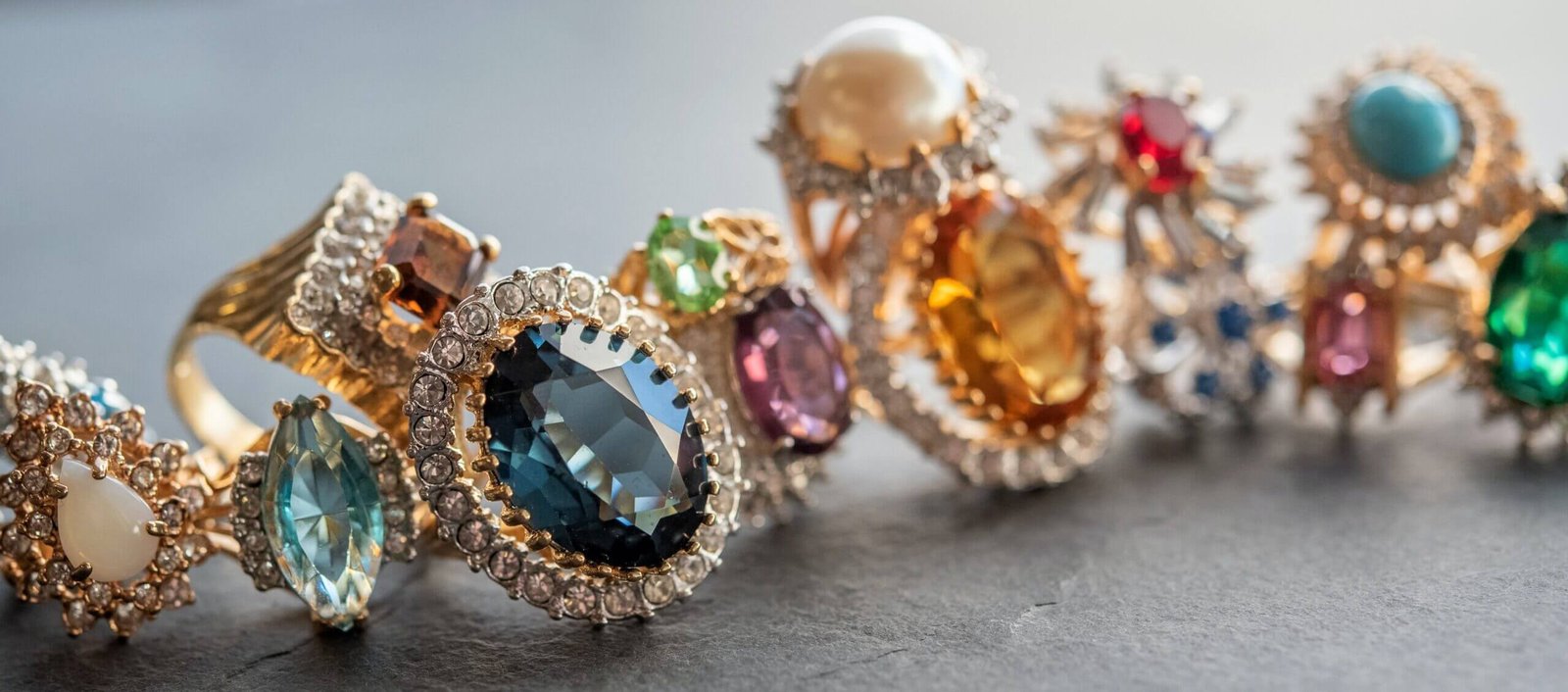Which Is Costly Emerald Or Pearl?
Which Is Costly Emerald Or Pearl? Let’s delve into a dazzling world where the glittering beauty of emeralds clashes with the serene charm of pearls. In the article “Which Is Costly Emerald Or Pearl?”, you’re going to explore the fascinating world of gemstones, particularly focusing on the value and cost factors surrounding emeralds and pearls. Throughout this captivating journey, you’ll uncover the factors that affect the price of these precious gems, comparing and contrasting their financial worth and why one might be costlier than the other. So sit back and immerse yourself in determining if it’s the vivacious green emerald, or the pure, lustrous pearl that demands a higher price in today’s market.
Understanding the Value of Gemstones
Gemstones, valuable and beautiful, have captivated humans since ancient times. Often used in jewelry and decorative items, these precious stones are much more than shiny objects. Each gemstone holds a distinct value that may vary widely from another.
Brief Overview on Gemstones
Gemstones are naturally occurring mineral crystals or organic materials that have been cut and polished for use in jewelry and other adornments. From diamonds and rubies to emeralds and pearls, each gemstone has its unique charm and appeal. It isn’t just aesthetics that draw us towards these precious stones; their value is equally important.
Determining Factors for Gemstone Value
The value of gemstones is dictated by their rarity, carat, size, color, and clarity. Some gemstones are more valuable than others due to their exceptional beauty or rarity. As you would expect, a larger, more radiant gem will fetch a higher price than a smaller, less vibrant counterpart.
Role of Rareness in Value
Rarity is a crucial factor that contributes to a gemstone’s value. Gemstones that are rare to encounter fetch a high price in the market. For instance, red diamonds are incredibly rare, and as a result, they’re among the world’s most expensive gemstones.
Exploring the Value of Emerald
Emeralds, known for their rich green color and high clarity, are one of the most valuable gemstones.
Origins of Emeralds
Renowned for its vibrant green hue over centuries, the emerald’s modern name comes from ancient Greek vocabulary ‘smaragdus,’ meaning green. Not just a beautiful gemstone, emeralds also come packed with rich history and lore associated with royalty, divinity, and spirituality.
Pricing Factors for Emeralds
Emeralds’ prices are primarily influenced by color, clarity, cut, and carat. The vivid green color and relative clarity of emeralds make them extremely valuable. The cut and carat of the emerald also play significant roles in determining its value. The better the cut, the higher the emerald price. Likewise, the bigger the carat, the more expensive the emerald.
Most Notable Emerald Pieces
One of the world’s most famous emerald pieces is the Bahia Emerald. It weighs approximately 1.7 million carats and is one of the largest emeralds ever discovered. Its massive size and incredible quality make it an exceptionally rare and valuable item.
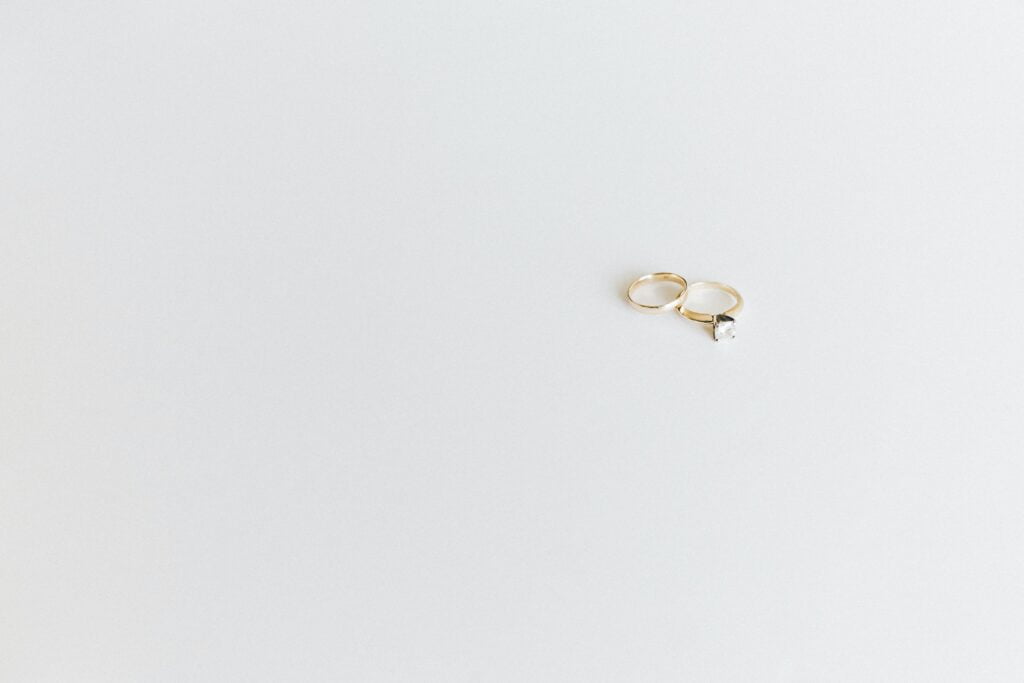
Understanding Emerald Color Quality
A top-quality emerald showcases an intense green hue and high clarity, which contributes to its overall allure.
The Impact of Color on Emerald’s Worth
The deeper and richer the green, the higher the value of an emerald. This rich coloration is due to the presence of chromium and vanadium, which lend emeralds their unique green color. Thus, color plays a pivotal role in determining an emerald’s worth.
Understanding Color Grades
Emerald color grades range from very light (near colorless) to very dark (nearly opaque green). The most valuable emeralds have what’s considered a medium to medium-dark green color, with strong to vivid color saturation.
Role of Color Intensity and Saturation in Emeralds
Intensity relates to how powerful or concentrated the color appears, while saturation refers to the purity of a color. The highest quality emeralds exhibit a high degree of both color intensity and saturation.
Understanding Emerald Clarity Quality
Clear and vibrant emeralds are highly desired in the gemstone market.
Relevance of Clarity in Emerald Pricing
Emeralds with the highest clarity levels fetch the highest prices. Given their naturally occurring inclusions or ‘jardin’ (garden in French), finding an emerald with perfect clarity is incredibly rare and, consequently, extremely valuable.
Common Defects in Emeralds
Common defects in emeralds include cracks and inclusions, which lower the transparency and overall appeal of the stone. These defects can significantly decrease the worth of emerald gemstones.
Clarity Enhancement Methods
Often, emeralds undergo specific treatments to improve their clarity, such as oiling and filling. These processes help hide the defects and enhance the overall appearance of the gemstone.
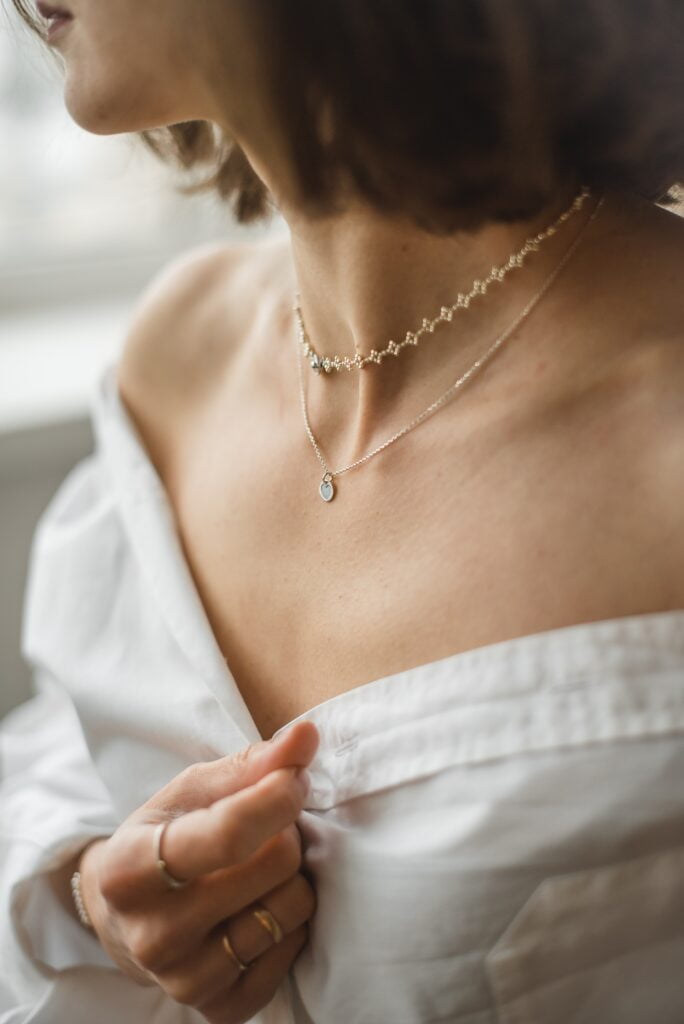
Understanding Emerald Cut and Carat
The cut and size of an emerald are impactful facets that determine its price.
Influence of Cut on Emerald Value
The cut of an emerald not only influences its shape but also the stone’s color intensity and brilliance. Emerald cuts like the emerald cut (rectangular with chamfered corners) allow the exhibition of a rich, vibrant color while minimizing defects.
Relation of Carat Weight to Emerald Price
Emeralds’ prices rise proportionally with their carat weight. Larger stones are rarer and, therefore, more expensive. For example, an emerald of two-carat will be relatively costly compared to a one-carat emerald of the same quality.
Most Preferred Emerald Cuts
The most preferred cut for emeralds is the emerald cut. This cut maximizes the beauty inherent to the stone and is named after the emerald because it was originally developed for this gem.
Exploring the Value of Pearls
Pearls, lustrous and unique, provide a contrasting appeal to the bright shimmer of most gemstones.
Origins of Pearls
Unlike most gemstones, pearls are formed by living creatures – oysters and mussels. The nacre, a substance these sea creatures produce when an irritant enters their shell, forms layers of lustrous pearl material over several years.
Factors for Pearl Pricing
Factors such as size, shape, color, luster, and surface quality determine a pearl’s value. Generally, larger pearls with an ideal round shape, deep luster, and smooth surface fetch high prices.
Most Notable Pearl Pieces
Notable pearls include the Hope Pearl, famous for its size and unique drop shape, and La Peregrina Pearl, which was owned by several European monarchs.

Understanding Pearl Color Quality
Pearls can come in a variety of colors, with some being more valuable than others.
The Importance of Color in Pearl’s Worth
The color of a pearl is one of the significant factors affecting its value. Generally, the more unusual the color, the more valuable the pearl.
Understanding Pearl Color Varieties
Pearl colors range from white to black, including shades of yellow, green, blue, and pink. Among these, black pearls from the Tahitian black-lipped oyster are sought after for their unique colors and high luster.
Most Valued Pearl Colors
The most valuable pearls are white with a rose hue, followed by cream-colored pearls. Black pearls, especially those with peacock green, are highly valued due to their rarity.
Understanding Pearl Size and Shape
The size and shape of a pearl impact its value significantly.
Effect of Size on Pearl Value
Larger pearls are more valuable because of their rarity; it takes longer for a mollusk to create them.
Influence of Shape on Pearls Worth
Pearls come in a variety of shapes, but the perfectly round ones are the most valued. Other shapes, such as drop, button, or baroque, can also be valuable but generally less so than round pearls.
Most Valued Pearl Sizes and Shapes
The most valuable pearls are round with a size above 8 millimeters. Anything above this size is considered rare and therefore exceptionally valuable.
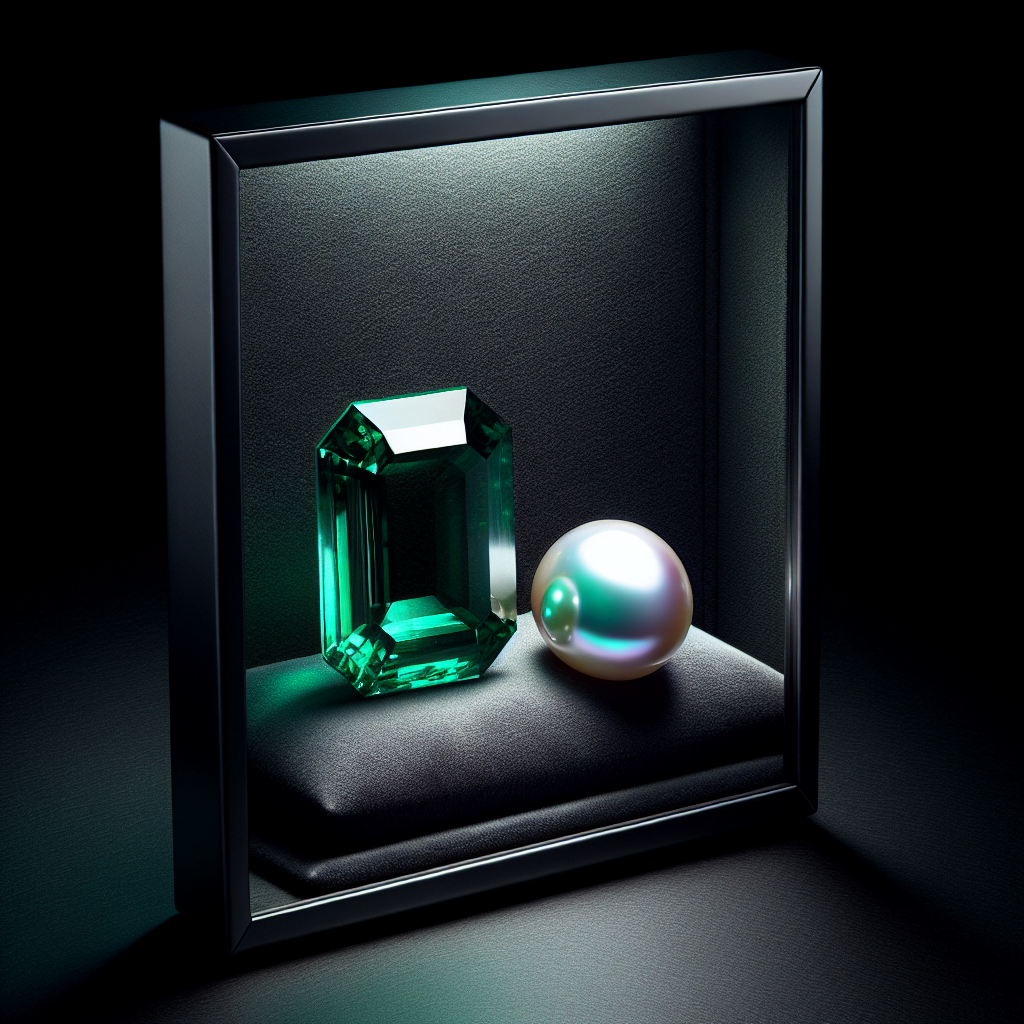
Understanding Pearl Luster and Nacre Quality
The luster of a pearl and the quality of its nacre very much govern its value.
Role of Luster in Pearl’s Value
Luster refers to the extent to which light reflects off a pearl’s surface. Pearls with high luster are more valuable than those with a dull sheen.
Influence of Nacre Thickness on Pearls Worth
The thickness of nacre contributes to the pearl’s luster and durability. Thicker nacre can improve luster, making the pearl more valuable.
Techniques to Enhance Pearl Luster and Nacre
Pearl farmers typically use beads to stimulate the oyster and control the pearl’s shape. They maintain their oysters in optimal conditions to produce a thicker nacre, leading to higher luster.
Comparative Analysis of Emerald and Pearl Prices
The cost of emeralds and pearls vary greatly due to various factors.
Factors contributing to Emerald and Pearl Differences
Factors such as availability, rarity, size, color, and overall quality contribute significantly to the price differences. Emeralds are usually more expensive than pearls due to their rarity and the extreme difficulty involved in mining them. https://mauragemsandjewellery.org/is-imperial-jadeite-jade-no1-in-thailand/
Emerald and Pearl Market Trends
While emerald prices have remained steady over time, the value of pearls fluctuates more, partially due to the availability of cultured pearls. Certain types of pearls, such as the Tahitian black pearls or South Sea pearls, can sometimes reach high prices comparable to emeralds due to their quality and rarity.
Prediction of Future Price Trends
Predicting future price trends for precious stones like emeralds and pearls depends largely on numerous factors, including their continued scarcity and demand. If trends continue as they have, it is safe to assume that high-quality emeralds and pearls will continue to fetch top prices in the market. https://www.gia.edu/gia-bangkok
